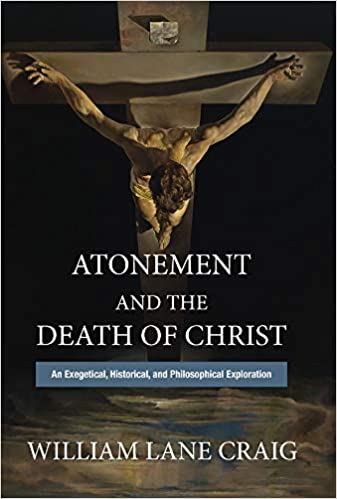Q. The second thing to note is probably the right translation of Rom. 3.21ff. is as follows: “But now, quite apart from the Mosaic Law, the righteousness of God has been revealed, and it is attested to by both the Law and the Prophets— the righteousness of God through the faithfulness of Jesus Christ [there is no preposition ‘in’ here in the Greek] for all who believe. For there is no distinction, since all have sinned and lack the glory... Read more










